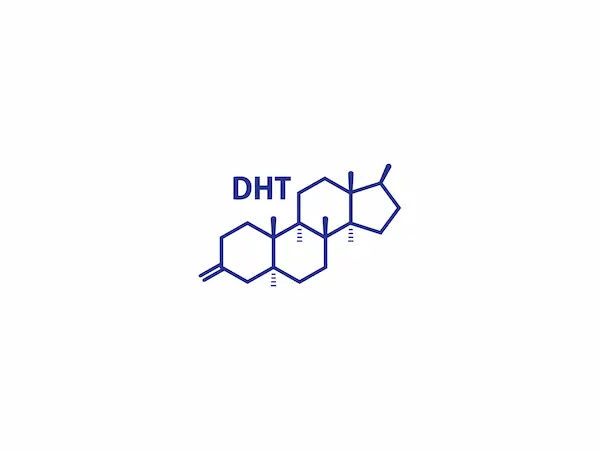- Female
- 37 Years
- 22/01/2025
I'm a bit confused about my blood glucose levels. My fasting sugar came out higher than my reading two hours after eating. It was 155 fasting and 139 after a meal. At one point, my fasting level was 200, and a few days later, it dropped to 155. Why would my fasting sugar be higher than after a meal? Is this something to worry about?
Answered by 1 Apollo Doctors
It is not uncommon for blood glucose levels to be higher in the morning (fasting) compared to after a meal. This is due to the dawn phenomenon, where hormones released in the early morning hours cause blood sugar levels to rise. Additionally, if you had a high-carbohydrate meal the night before, it can also contribute to higher fasting blood sugar levels. To help manage your blood sugar levels, you can consider taking Metformin. It helps to improve insulin sensitivity and lower blood sugar levels. However, it is important to consult with your healthcare provider for proper evaluation and management.
Dr. Dhankecha Suggests...
Consult a Endocrinologist
Answered 04/07/2025
0
0

More Endocrinology Health Queries
View allMy dad has diabetes, and he's been having hiccups for a few days now. Is this something that usually happens with diabetes, or should he be taking any medicines for it?
it's normal
Answered by 1 Apollo Doctors
I accidentally took THYRONORM twice today, once at 8 am and then again at 2:30 pm after lunch. I was actually supposed to take my blood pressure medicine, Lover 100 mg. Can you tell me if it's okay for me to take my BP medicine now? And is there anything else I should do since I took an extra dose of THYRONORM? I'm really worried about what this might do.
yes you can take it
Answered by 1 Apollo Doctors
How does hypothyroidism make you feel?
Depressed,slow,tired,thin hair,croaky voice,heavy periods,constipation,dry skin,prefers warm weather.
Answered by 1 Apollo Doctors
Disclaimer: Answers on Apollo 247 are not intended to replace your doctor advice. Always seek help of a professional doctor in case of an medical emergency or ailment.



